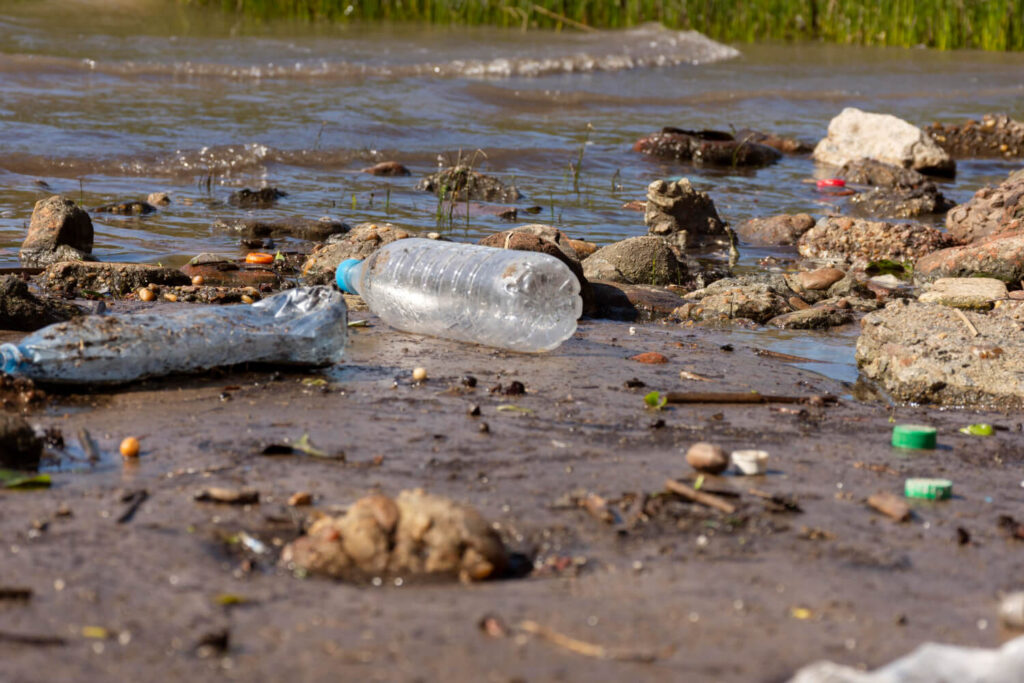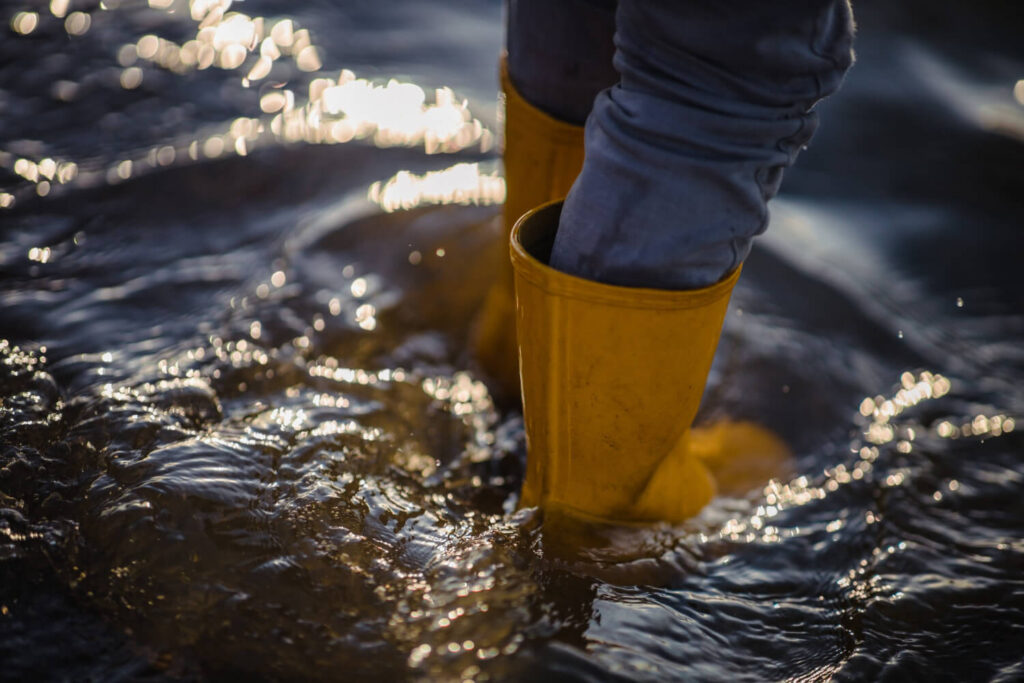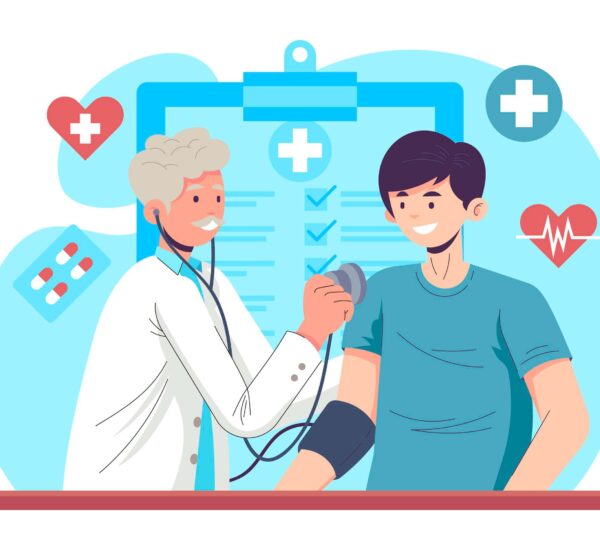Natural disasters like typhoons can cause significant damage to people’s homes and disrupt the community altogether. One of its included consequences is flooding, which raises alarm about floodwater health issues among people. A few days ago, we suffered a significant loss due to the recent typhoon, which resulted in numerous flooded areas around the metro. In that case, the threat of related health issues must be a great concern aside from the other damages left behind by the natural disaster.
In today’s blog, we’ll focus on the floodwater health issues that can occur. Many people in the community are familiar with such complications but don’t understand how it can impact their overall health. Discover the possible health conditions that people may contract after being exposed for too long in the floodwaters. Let’s begin!
The Composition of Floodwaters

Floodwater is more than just rainwater. It can contain hazardous substances like dead animals, sewage, and debris. Furthermore, floodwater can also carry pesticides and other agricultural chemicals and toxins from rural areas, adding to the mix of potential hazards. Contamination of the floodwaters poses serious health risks to individuals exposed to it.
Moreover, contaminated water can create a conducive environment for the growth of mold and bacteria, which can lead to additional health problems. Floodwater health issues involve common infectious diseases like dengue, diarrhea, leptospirosis, UTI, etc. Understanding these risks is the first step towards protecting yourself and your family.
Health Impacts of Flooding

As mentioned, exposure to floodwater can lead to health issues. That’s because flooding doesn’t only consist of rainfall, but also other materials that lead to contamination. With that, it becomes a breeding ground for bacteria and viruses, making it an unsafe place for young children and adults. In that case, sanitation is compromised when a person is in direct contact as it can be considered as wastewater.
When a person is exposed to flash floods, the following floodwater health issues can occur:
- dengue
- malaria
- influenza
- cholera
- hepatitis
- gastroenteritis
- leptospirosis
- skin conditions (skin rashes)
Take note that when you have an open wound, your chance of contracting chronic diseases is higher. If there’s a possibility that you need to be in stagnant water, it’s best to wear protective gear.
Preventing Flood Water Health Issues
While it’s not always possible to prevent a flood, there are steps you can take to minimize the health risks associated with floodwater. Let’s discuss them below!
Personal Hygiene Measures
Personal hygiene is crucial to prevent health issues associated with floodwater. If there’s a chance that you need to go into the flood, it’s best to practice personal hygiene afterward. Get clean by taking a bath to get rid of the contaminants. If there’s hot water available, you can use that to help disinfect your body better.
In connection to personal hygiene, it’s also important to avoid ingesting the contaminated water to prevent floodwater health issues from occurring. At the same time, don’t try to swim in the flood for fun. The flood contains unsafe materials, like garbage, toxins, etc. In short, ingestion of contaminated water can affect the body’s health.
Segregate Trash and Clean Your Area
Meanwhile, another way to avoid floodwater health issues from occurring is to keep your areas clean. One of the main reasons for flooding is the accumulated garbage clogging the drainage systems. Practice proper segregation and throwing of garbage in the right areas to lessen the chances of clogged sewerage. Thus, allowing the flow of water to pass, and not result in flooding.
Furthermore, if there’s no stagnant water, the breeding of mosquitoes can be prevented. Mosquitoes are known for breeding in such areas, resulting in dengue, yellow fever, and other viral infections. By ensuring the surroundings are clean, potential threats can’t occur.
Preparing for a Flood

Aside from the prevention steps, individuals should also consider preparing for possible flooding. Being prepared for a flood can help reduce the stress and anxiety associated with such an event and can also help protect your health. This includes having a flood emergency plan, maintaining an emergency supply kit, and understanding your flood risk.
Let’s discuss how to do that by considering the aspects below!
Understanding Your Flood Risk
First is learning about your location and understanding whether or not your place is a flood risk. With this knowledge, it can help you prepare the necessary kit. Knowing this aspect allows you to prepare stocks for survival, ensuring you have the food, clean water, medicines, etc. Thus, helping you and your family to survive the typhoon without contracting floodwater health issues as you don’t need to walk into the flood.
Having a Flood Emergency Plan
In connection to the first one, this aspect is also important for survival as it allows you to know the crucial steps in case you need to evacuate your location. The rise of flood can happen, which means you must walk into the flood to get to safety. When that happens, it is best to have a plan ready. This plan can include moving valuable items to higher levels and sealing low-lying areas.
Furthermore, preparing protective gear and a to-go bag with all the essentials should also be a priority.
Conclusion
Flooding has been a constant problem whenever a typhoon hits the country. In that case, people living in the flood risk areas are prone to developing floodwater health issues. These infectious diseases can provide mild to severe symptoms, especially if not addressed immediately. It’s best to prepare beforehand to ensure contracting the disease cannot happen.
If you think you might have developed a chronic condition after being in the flood waters for too long, it’s best to meet with a doctor for a check up. Book an online consultation or visit your primary care doctor, especially if any health changes occur like fever, headache, or digestive issues.
Floodwater Health Issues Quiz
Test your knowledge on staying safe during floods



